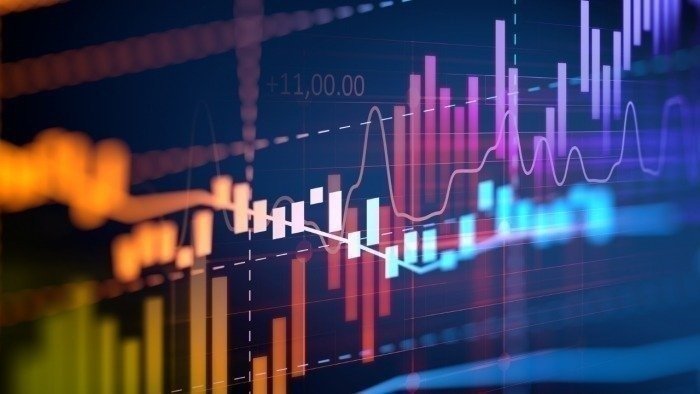A Federal Reserve dead-set on fighting inflation is leaving little hope that this year’s rocky markets will end anytime soon, as policymakers signal rates rises faster and higher than many investors were expecting.
The Fed lifted rates by an expected 75 basis points and signalled that its policy rate would rise by 4.4% by year end and top out at 4.6% by the end of 2023, a steeper and longer trajectory than markets had priced in.
Investors said the aggressive path suggests more volatility in stocks and bonds in a year that has already seen bear markets in both asset classes, as well as risks that tighter monetary policy will plunge the U.S. economy into a recession.
"Reality is setting in for the markets as far as the messaging from the Fed and the continuation of this program to move rates higher to get rates into restrictive territory," said Brian Kennedy, a portfolio manager at Loomis Sayles. "We don’t think we’ve seen the peak in yields yet given that the Fed will continue to move here and the economy is continuing to hold up."
Kennedy’s funds continue to focus on short-term Treasuries and are holding "elevated" levels of cash as he expects yields on both short- and longer-dated bonds will rise between 50-100 basis points before peaking.
Stocks plunged following the Fed’s meeting, with the S&P 500 falling 1.7%. Bond yields, which move inversely to prices, shot higher with the two-year yield surging above 4% to its highest since 2007 and 10-year yields hitting 3.640%, the highest since February 2011. That left the yield curve even more inverted, a signal of looming recession.
The S&P 500 is down 20% this year, while U.S. Treasuries have had their worst year in history. Those declines have come as the Fed has already tightened rates by 300 basis points this year.
"Riskier assets are probably going to continue to struggle as investors are going to hold back and be a bit more defensive," said Eric Sterner, chief investment officer of Apollon Wealth Management.
Rising yields on U.S. government bonds are likely to continue dulling the allure of stocks, Sterner said.
"Some investors may look at the equity markets and say the risk is not worth it, and they may shift more of their investments on the fixed income side," he said. "We might not see as strong returns in the equity markets going forward now that interest rates have been somewhat normalized."










